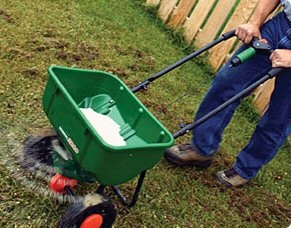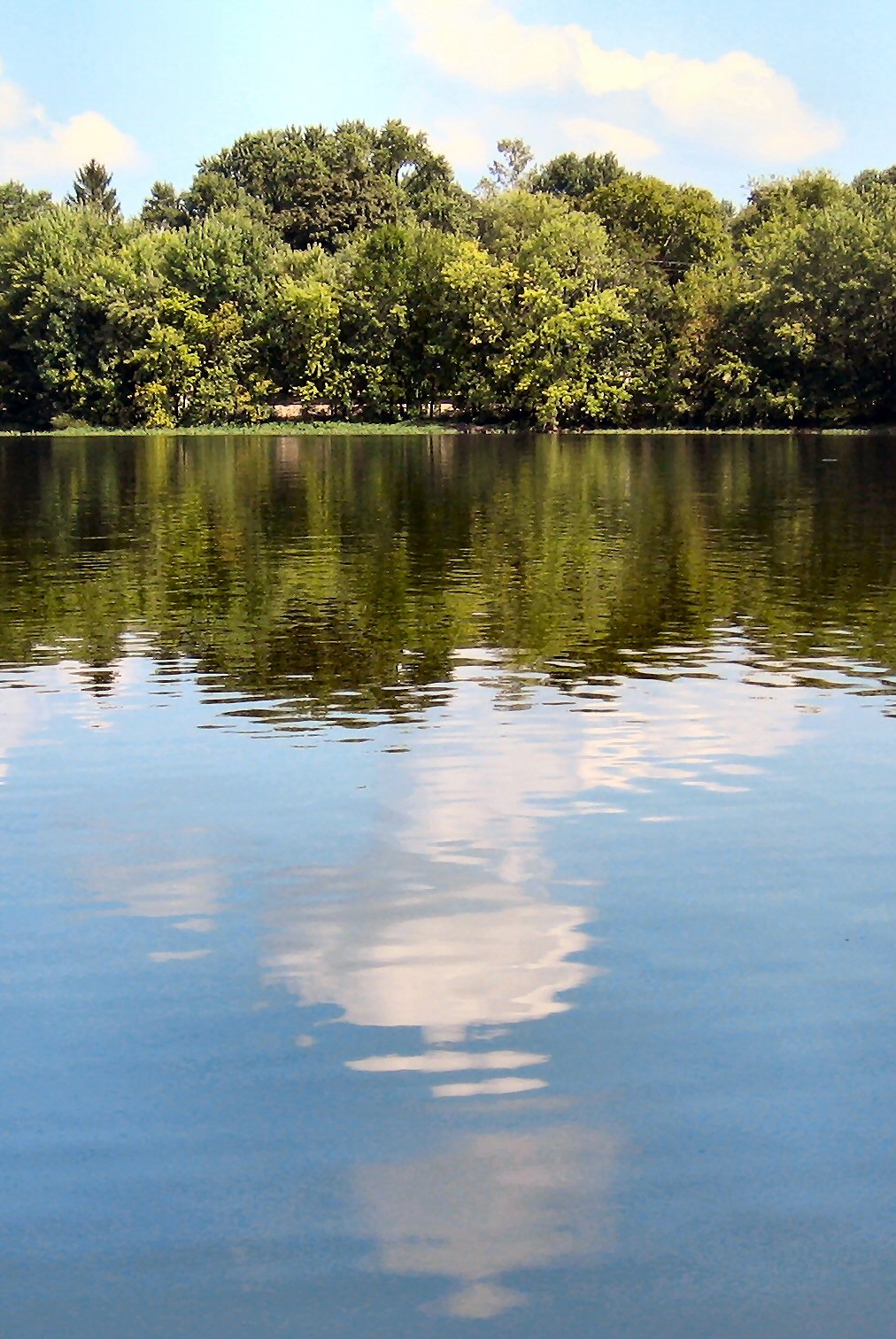Household Hazardous Waste Collection
Participate in the Solid Waste Authority of Central Ohio's (SWACO) Household Hazardous Waste (HHW) Collection Program
Have a garage or basement full of products that you think might be considered HHW?
Save the date for these upcoming collection events:
May 6, in Dublin, 8 am to 2 pm; September 23 in Grove City, 8 am to 1 pm; and October 7 in Westerville 8 am to 2 pm. Open to central Ohio residents.
Please check swaco.org for permanent, year-round locations.
Or visit the permanent facility:
645 E. 8th Avenue
Columbus, Ohio 43201
Phone: 614-294-1300
Get directions and hours of operations.
 Household hazardous wastes are materials used in the home that can cause injury or are harmful if disposed of improperly. Examples include pesticides, fertilizers, motor oil, antifreeze, batteries, adhesives, drain cleaners, bleach, fluorescent bulbs, paint or solvents; never dump these items into a storm drain, open waterway or ditch. Storm drains discharge directly to streams without the benefit of treatment, unlike the drains inside homes and businesses that connect to the sanitary sewer system. Beyond posing a threat to our health and environment, such dumping is illegal. Some common household items contain hazardous materials, such as mercury (in old thermometers), and must be discarded in a responsible manner.
Household hazardous wastes are materials used in the home that can cause injury or are harmful if disposed of improperly. Examples include pesticides, fertilizers, motor oil, antifreeze, batteries, adhesives, drain cleaners, bleach, fluorescent bulbs, paint or solvents; never dump these items into a storm drain, open waterway or ditch. Storm drains discharge directly to streams without the benefit of treatment, unlike the drains inside homes and businesses that connect to the sanitary sewer system. Beyond posing a threat to our health and environment, such dumping is illegal. Some common household items contain hazardous materials, such as mercury (in old thermometers), and must be discarded in a responsible manner.
For proper household hazardous waste disposal information, call the Solid Waste Authority of Central Ohio (SWACO) at 614 871-5100 or visit their website. SWACO offers several mobile drop off collection events; visit their site for dates, locations and accepted materials.
While on their site, find out how to dispose of or recycle items such as: appliances, furniture & other bulk items, yard waste, car batteries, oil, gasoline, propane, building & construction materials, tires, books, styrofoam, prescription drugs, plastic bags, cds/dvds, cell phones.
Also, check the City of Columbus' Refuse Collection site for trash, yard waste, and appliances, furniture and other bulk items and more information.
Keep It Clean
 Water is a vital natural resource. Our quality of life and health is greatly dependent upon the quality of our water. Fish and other wildlife also rely on the responsible stewardship of our natural resources. Activities in our homes, yards and communities have an effect on the quality of our water supplies. By learning about this connection, we can protect our waterways through prevention of non-point source pollution caused when storm water picks up contaminants as it flows through a watershed.
Water is a vital natural resource. Our quality of life and health is greatly dependent upon the quality of our water. Fish and other wildlife also rely on the responsible stewardship of our natural resources. Activities in our homes, yards and communities have an effect on the quality of our water supplies. By learning about this connection, we can protect our waterways through prevention of non-point source pollution caused when storm water picks up contaminants as it flows through a watershed.
What You Can Do To Prevent Water Pollution - Simple steps you can take at home are featured including: proper disposal of household hazardous waste, yard waste (including pet waste), and cooking grease; making simple lawn care choices; reducing stormwater runoff; maintaining cars & driveways proper; litter clean-ups & other events. Visit Keep It Clean to learn more.